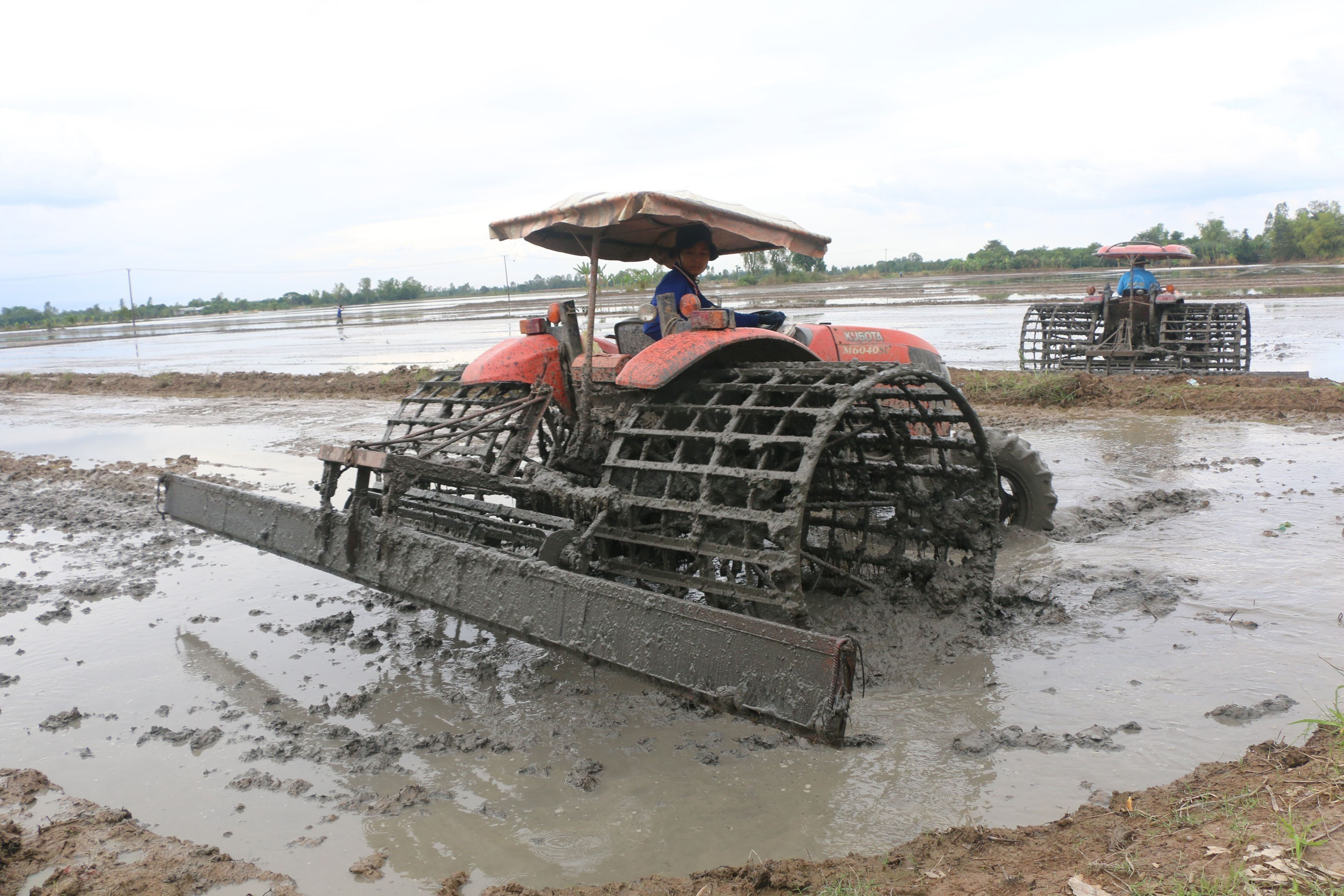Though the Vietnamese and HCM City governments offer many incentives and have favourable policies to encourage businesses to invest in agriculture, they often remain on paper, heard a conference in HCM City on Monday.

Though the Vietnamese and HCM City governments offer many incentives and have favourable policies to encourage businesses to invest in agriculture, they often remain on paper, heard a conference in HCM City on Monday.
For instance, a Government decree issued last April reduces land rents for agricultural companies and provides for subsidies for research, buying machinery, human resource training, and construction.
However, many firms, and authorities, are waiting for a circular that will guide implementation of the decree.
There are also Government policies for agriculture insurance against natural disasters and diseases in the case of certain crops and animals, credit, vocational training in rural areas, and financial aid for building fishing ports, ships and fish farms.
HCM City has its own policies to encourage businesses to invest in agriculture, including subsidies for acquiring office facilities and adopting VietGAP standards.
One such was Decree 655 isued last February, which was hailed by businesses for meeting their needs, having simple procedures and waiving interest on loans for buying machinery, seeds, breeding animals and animal feed and paying salaries.
However, the benefits often do not percolate down to businesses. Owner of a cantaloupe farm in Hoc Mon District, Le Nguyen Cam Tu said he has been applying to lease some public land for a year but has not received any response from authorities despite the plentiful availability of land.
Renting private land could be risky since it depends on the whim of the lessor, he said, calling on authorities to make it easier to lease public lands.
Le Ha Mong Ngoc, director of Nam Viet Biotechnology Joint Stock Company, said she has been unable to get a food safety certificate for her lingzhi mushrooms despite applying for years.
“Though our food processing procedures are strict, without proper certification we cannot sell the mushrooms despite the high demand for the product. Many farmers we are working with have had to stop growing the lingzhi mushrooms.”
She also called for better market and product origin surveillance to keep out fraudulent and low-quality products and protect high-quality brands and consumers.
The HCM City’s Department of Agriculture and Rural Development, which organised the conference, said it would pass on the complaints to relevant departments for action. — VNS





